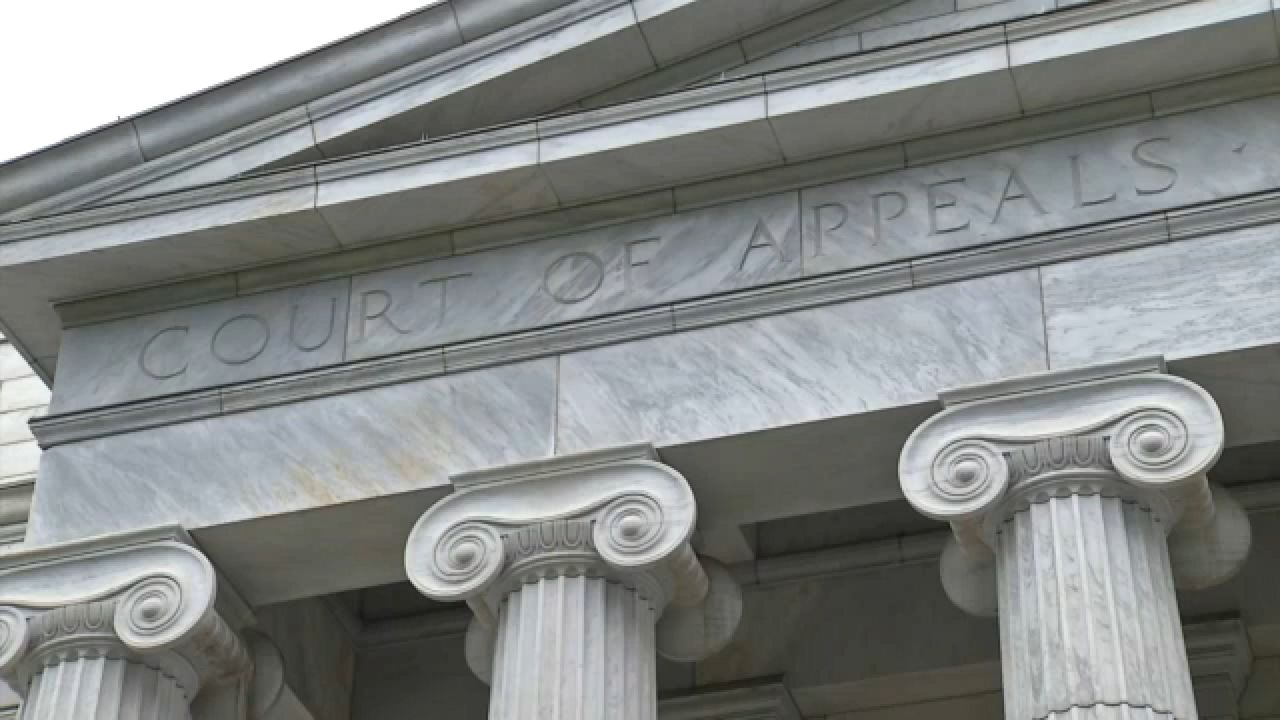Supporters of Hector LaSalle's nomination to become the top judge in New York are pushing back against his critics and claims that he sided with an anti-abortion ruling while on the bench.
Meanwhile, Democratic opponents in the state Senate showed no sign of budging on Thursday in their opposition to confirming him to lead the state Court of Appeals.
LaSalle's confirmation as the first Latino chief judge in New York hangs in the balance as more than a dozen Democrats in the state Senate have publicly stated they cannot support his nomination, made two weeks ago by Gov. Kathy Hochul.
A confirmation fight over a chief judge nominee is highly unusual in New York state government.
But a confluence of factors — from perceptions of progressive advocates the court has moved too far to the right in recent years, to LaSalle's ruling in a union case — has bolstered opposition to his taking the top judge post in the state from organized labor to criminal justice reformers.
Jeffrey Cohen, a retired judge who served at the Appelllate Division with LaSalle, decried the politics at play.
"It's quite terrible," he said in an interview on Thursday. "It's exactly what it should not be."
Cohen was the judge who wrote one of the decisions that has been cited by LaSalle's critics: a subpoena issued by then-Attorney General Eric Schneiderman's office of a so-called pregnancy crisis center.
The facilities have come under scrutiny by supporters of abortion rights, and Schneiderman's investigation in part stemmed from whether the center was unlawfully practicing medicine.
Cohen called the 2017 case one that involved First Amendment considerations, not questions over abortion rights.
"Pursuant to the First Amendment, when you're raising a First Amendment issue, the investigative tool has been tailored to the issue to protect the citizen as we wish to protect women's reproductive rights and women's rights, equally we need to protect the freedom of speech — a fundamental freedom in our Bill of Rights," Cohen said. "From our perspective, both needed to be protected."
LaSalle was among the judges who sided with Cohen's opinion in the case.
"What we did, proudly, was we tailored the subpoena to conform with First Amendment requirements and sent it back to the lower court," Cohen said.
Characterizing the case as an anti-abortion ruling, he said, is unfair.
"It's a lie, or it's a mistake, or it's a political maneuver and it's very cynical," Cohen said.
Whether the efforts to salvage LaSalle's nomination in the state Senate, led by a supermajority of Democrats, is not yet clear. Senate Judiciary Committee Chairman Brad Hoylman has said a hearing will be held for LaSalle's nomination, but acknowledged the pathway to confirmation is a narrow one.
Democrats this week in Albany moved to expand the number of members on the committee, which will consider LaSalle's nomination before it can head to the full chamber for a vote.
And skepticism from prominent Democrats over LaSalle's nomination remains amid an effort to change the direction of the court. Progressives have been angered by rulings they have argued favored prosecutors over defendants in cases. The court includes former prosecutors, and advocates have called for professional diversity in nominees.
"The Court of Appeals has been off for the last several years," said Deputy Senate Majority Leader Mike Gianaris, who has said he opposes LaSalle's nomination. "(Former Chief Judge) Janet DiFiore's tenure has been deemed by many to be the worst Court of Appeals administration in history."
He added LaSalle would be "more of the same" if he were to lead the court.
Cohen, the retired judge who is now of counsel at the law firm Abrams, Fensterman called his former colleague LaSalle "a middle of the road judge."
"I would call him a moderate judge as opposed a 'conservative judge.' He is very even-tempered, even-handed," Cohen said. "That's what we need."


